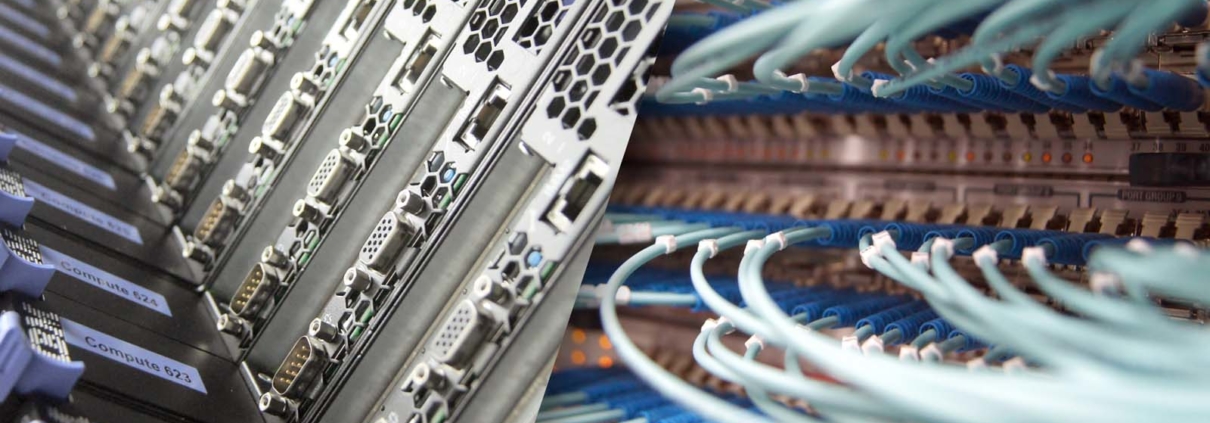Covid-19 – how are our supercomputers used to stop it?
The Institute of Numerical Modelling and Riga Technical University cooperate with CERN as they offer supercomputer computing power for Covid-19 research. On the 5th of May researcher Kristaps Bergfelds from the Institute of Numerical Modelling, director of Riga Technical University High Performance Computing centrer (hpc.rtu.lv) Lauris Cikovskis, leading researcher from RTU Center of High Energy Physics and Accelerator Technologies Kārlis Dreimanis and Jānis Irbe from DATI Group took part in a discussion on Latvia’s Radio 1 show Know in the unknown about how exactly the supercomputers are used.
The European Organisation for Nuclear Research has postponed about a third of their regular computing projects un offers 10 000 computer cores to Folding@home, the project that distributes computing power on computers all around the world to stimulate the dynamics of proteins in the coronavirus behing Covid-19. University of Latvia, Riga Technical University, DATI Group and National Library of Latvia as a part of the CERN Baltic group also have joined in participating in this project. “Folding@home is like a large global collective spring neighbourhood cleaning and CERN has just arrived there with a large bus foll of workforce. We [Latvian scientists] are also in this bus,” explains researcher Kristaps Bergfelds.
As with all viruses, also the virus that causes Covid-19 has proteins. These proteins are important in the structure of the virus as well as in the interaction with the host’s organism and the surrounding environment. During the replication of SARS-CoV-2 the virus’ RNS creates proteins that are necessary for further virus replication. Folding@home helps us better understand these protein structures, this is an important step towards developing new drugs that could inhibit the protein’s function and stop it. In the computer simulations, for which also the super computers from the Baltic CERN group are used, 3D animation of the protein structure can be generated. These 3D animations show the protein structure as well as the how the three-dimensional structure of proteins can change over time. This can show researchers new sites of the protein structure where drugs can attack the protein and stop its functioning.
The scientists from the University of Latvia are part of a quickly growing movement of organisations and individuals that take part in fighting Covid-19. Anybody can donate a part of his or hers computer power to participate in the Folding@home project. More information on how to do it can be found on the Folding@home site.


